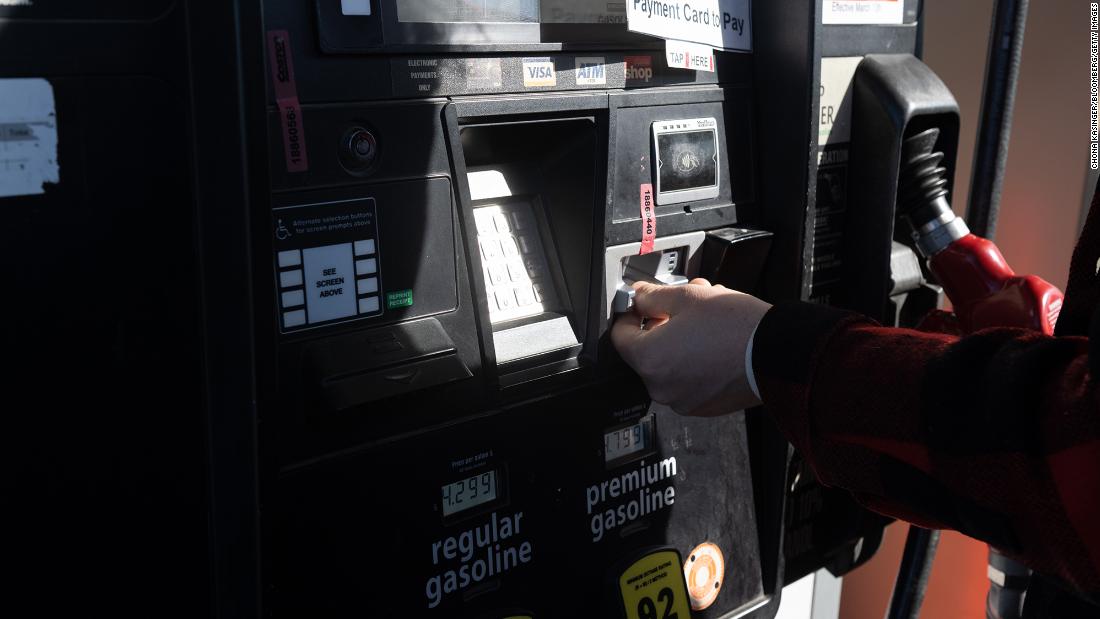Hang on Sloopy
Diamond Member
- Jul 12, 2015
- 20,793
- 28,116
- 2,288
- Banned
- #1
In consumer finance, it is hard to surprise me after this long
People wondered how people were making it not working and sitting on their crisco bursting arses
This is it. As a mortal enemy of debt, I see a lot of Chapter 7s down the pike
If we never got rid of Debtors Prisons, this would not be happening

 www.cnn.com
www.cnn.com
People wondered how people were making it not working and sitting on their crisco bursting arses
This is it. As a mortal enemy of debt, I see a lot of Chapter 7s down the pike
If we never got rid of Debtors Prisons, this would not be happening

Americans are piling up credit card debt as they struggle to keep up with the high cost of living
Americans are piling up credit card debt as they struggle to keep up with the high cost of living.

